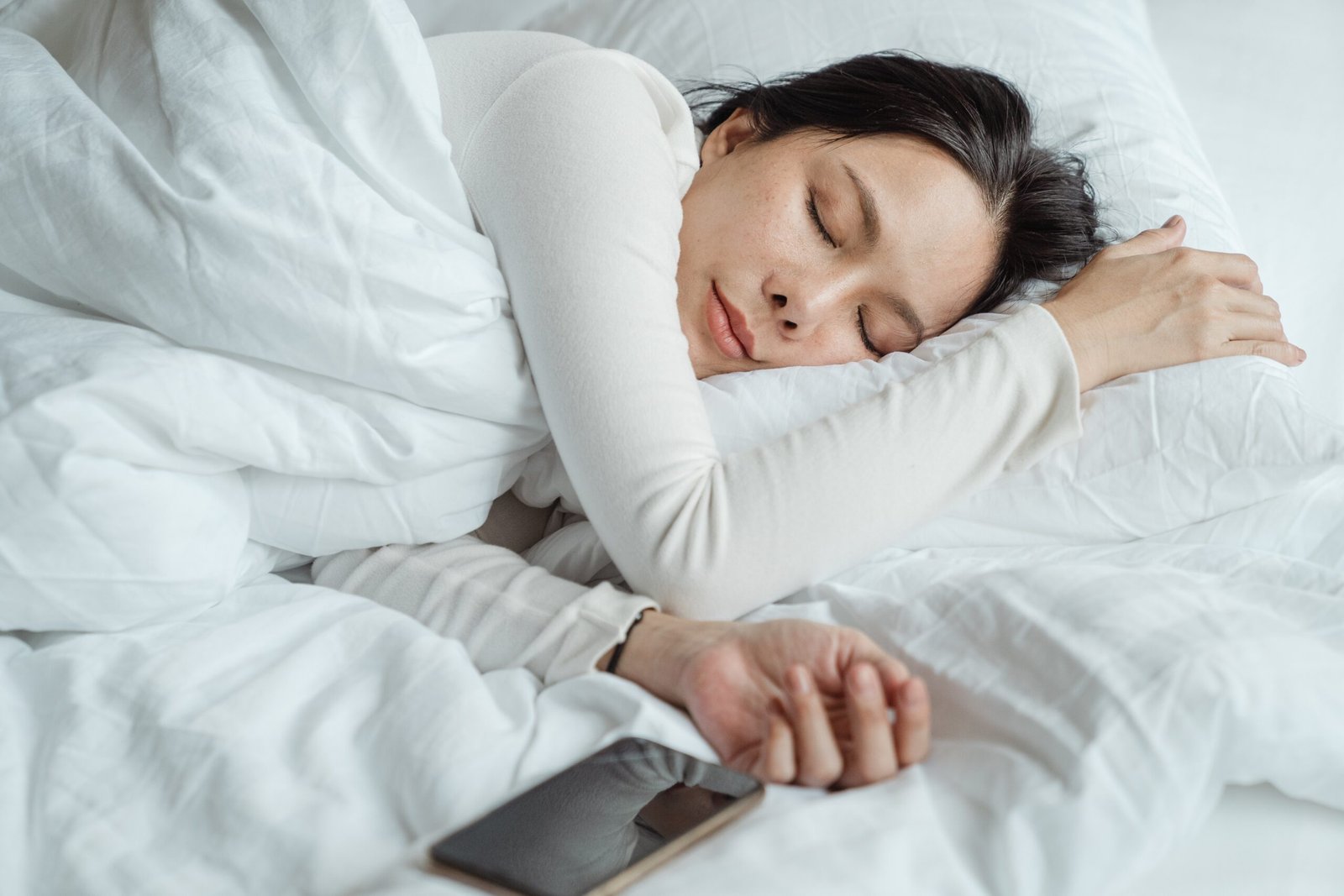Everyone needs a good night’s sleep to feel whole and healthy.
Sleep is as important as the air we breathe and it is necessary for our livelihood. Unfortunately, as easy as it is for some, sleep does not come as easily to others. There are plenty of difficulties that people have when they try to catch some shut-eye.
Many people struggle to get a full night’s sleep or even get enough. A lack of sleep can cause many mental and physical problems in the body if left untreated. But how do I get enough sleep? How many hours a night do I need and what is a REM phase? There is so much misinformation spread online that it can be difficult to get a straight answer. If you’ve ever wanted to learn more about sleep or find some answers to your questions, this list has got you covered.
We’ve compiled a list of facts about sleep, backed up by science to help you rest easy.
Recommended hours of sleep are different everyone
Everyone’s been told that you need 8 hours of sleep a night in order to be a happy and healthy individual. Science says that although this may be true for some, it is not true for everyone. How much sleep you need is really a recommendation and it depends on your age, your gender, and your lifestyle. Typically, the older you are, the less sleep you need. Newborn babies need between 14-17 hours of sleep a day, whereas the elderly need a maximum of 8 hours per day.
There is more to falling asleep and waking up
A lot of people feel tired throughout the day even though they’ve had 8 hours of sleep. This is not because they go to bed at the wrong time, but because they wake up at the wrong time too. The secret to feeling well-rested when you wake up is waking up during the first stage of sleep. By using a sleep calculator, you can calculate when you should wake up based on what time you fall asleep. Waking up well-rested requires a little bit of planning, but once you get the hang of it, you’ll be sleeping much better.
People sleep in cycles
Most people think that sleeping is one big homogenous off button for the brain. This is a misconception as your brain and body go through several stages while you sleep. Stage 1 is the first and lightest and stage where you can easily be woken up. This is when the body and breathing first start to relax and is the ideal stage to wake up from. Stage 2 is often referred to as light sleep and it’s where there is the most brain activity for memory storage. When stages 3 and 4 happen, the body becomes completely relaxed and you can achieve moderate or deep sleep.
The last stage is the REM phase when the body is in a paralyzed state but the brain is working full time. This is the worst cycle to wake up in. The high levels of brain activity can leave you feeling disorientated and exhausted when you wake up. Each cycle lasts for about 90 minutes and after the REM stage, the cycle repeats itself and goes back to stage one. On average people will go through about 5 sleep cycles in one night which takes about 7.5 hours.
On average, you dream for 2 hours
Dreams can often feel like whole lifetimes while you sleep, but they actually don’t last longer than 2 hours. People dream while in REM sleep, which is the last sleep cycle. It is the only stage where there is eye movement because you are dreaming the most vividly. The sleeping disorder sleep paralysis is also common during this phase if you are woken up. Your dreams are made up of solely things that you have already seen and experienced while awake.
Everyone dreams every night
If you wake up not remembering what you dreamt last night, it’s not because you didn’t dream anything. Humans experience dreams every night, because of the constant brain activity. The REM stage of sleep is when the bulk of our dreaming happens and humans are more likely to remember what we dreamt during this stage. The reason why dreams are so strange and disconnected is that while we sleep, a part of our brain shuts down.
The part of the brain that handles making sense of things is not on while we sleep, so we are left to make sense of things in whatever way we know-how. So next time you wake up not remembering what strange thing you dreamt, it’s not because you didn’t, it’s because you forgot what it was.

Sleep disorders are more common than you think
Sleeping is a challenge for many, and sleeping disorders are more common than you may think. Insomnia is the chronic inability to sleep and it affects up to and over 40% of Americans. Women are up to 40% more likely to experience insomnia than men. Disorders such as obstructive sleep apnea (OSA) are also common with up to 9% of the American population suffering from it. Sleeping disorders are can be caused by a variety of things. They can be from stress, environmental issues, and can even be genetic.
It takes small changes to improve your sleep
Constantly feeling tired and having difficulty falling asleep are problems that anyone can face. If left untreated they will have serious consequences for your health. Improving your quality of sleep and sleeping schedule takes time and a little planning, but it is doable. Exercising during the day can improve your quality of sleep at night. Eating a balanced diet makes sure that you don’t go to bed with too much energy. Drinking something warm and soothing before bed can help relax you and get you to sleep sooner. Small changes are key to improving not only your sleep but your health.
Every living thing needs sleep to survive. If you’re not getting enough sleep, your mind and body will suffer. In order to get the best sleep possible, you have to work at it. You have to listen to your body and give it what it needs. By adopting small changes, learning about your necessary sleep schedule, and waking up on time you can minimize the tiredness you feel. Improving your sleep starts with many small steps that have a huge payoff.







